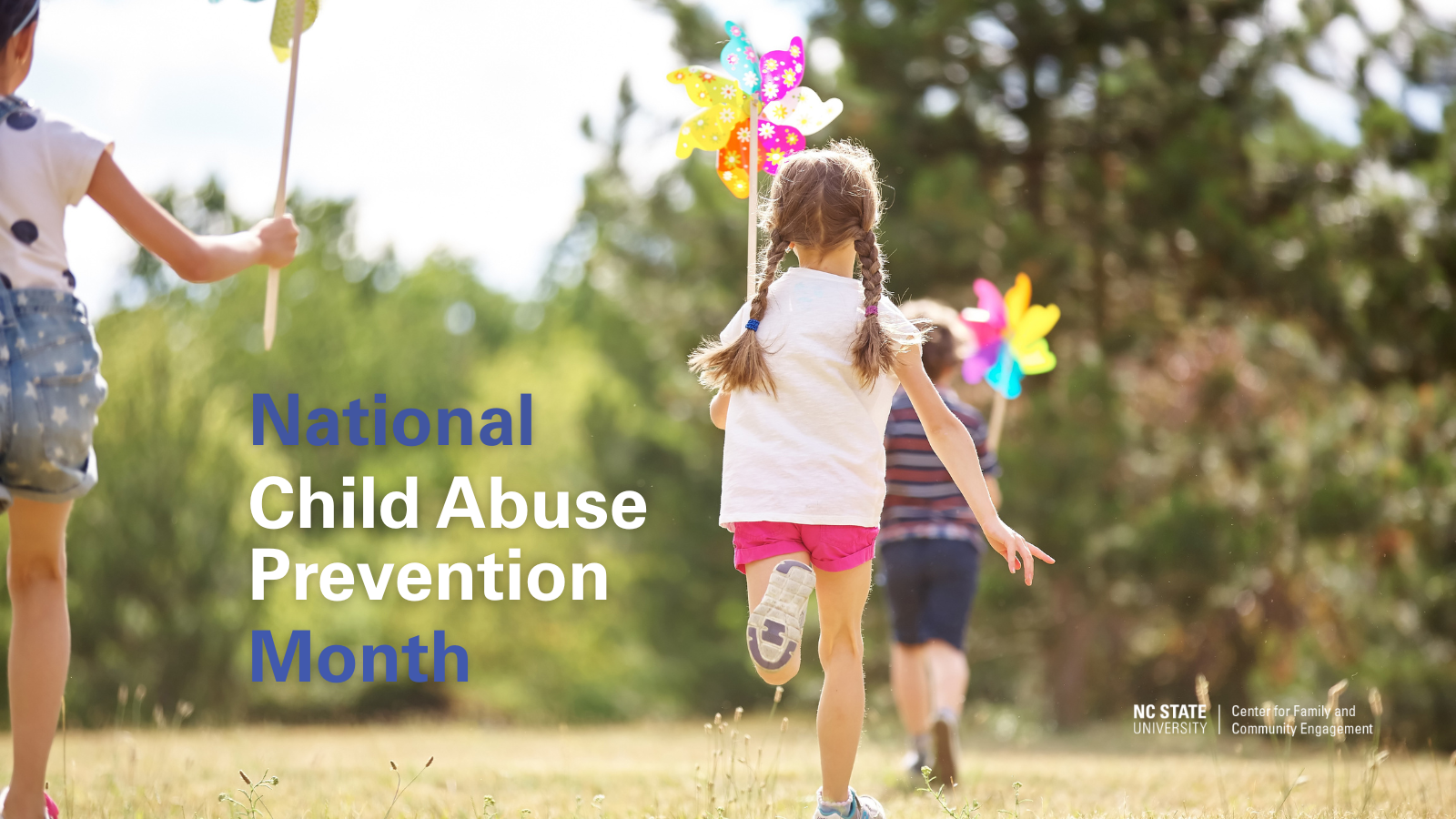Restorative Justice Approaches to Intimate Partner Violence

Latest Update:
In collaboration with the Center for Court Innovations (New York City) and consultant Dr. Gale Burford, CFACE conducted a national study of restorative approaches to intimate partner violence (IPV). The grant funding from the U.S. Department of Justice, Office on Violence Against Women and National Institute of Justice, speaks to the increasing interest across the country in finding alternatives to relying mainly on criminal legal responses to IPV. Restorative approaches encourage dialogue, mutual support, and consensus building to promote healing and prevent future violence. These approaches are most commonly applied in juvenile justice and schools and have been used more cautiously (if at all) with IPV because of the risks that it might pose to survivors. At the same time, survivors have been asking for approaches other than law enforcement and incarceration that lead to family separation and disproportionately impact families of color. Given the lack of centralized information on restorative programs in this field, an exploratory survey was conducted with responses from 35 programs, with closer follow-up with 10 programs. The identified programs, from all regions of the US, used a range of approaches, including peacemaking circles, support circles for persons harmed, family group conferencing, and educational forums. In North Carolina alone, three programs were identified, including two fathering education groups for men who had abused their children’s mothers. Because of CFACE’s a long-term research on restorative approaches that are family-based and address IPV, the Center was well positioned to contribute substantive and methodological expertise to the national study. CFACE contributed to the report of study findings, A National Portrait of Restorative Approaches to Intimate Partner Violence, presented on the study at two national conferences, and has taken the lead in preparing a peer-reviewed article on the study findings. The grant supported the involvement of two faculty, Dr. Joan Pennell and Dr. Sarah Desmarais, and a doctoral student, Emily Lefebvre Smith.
What’s Next:
To end intimate partner violence, we need cascades of caring, safety, and trust. Restorative approaches spring from the hopes of families and communities rather than being imposed legal solutions. They create cascades that flow well beyond the immediate situation and channel relationships in positive directions. CFACE encourages these cascades through its partnerships with youth and families, its practice guidance on safe approaches, and its research on approaches across the country and internationally.
For more information on this project, contact Dr. Joan Pennell at jpennell@ncsu.edu


